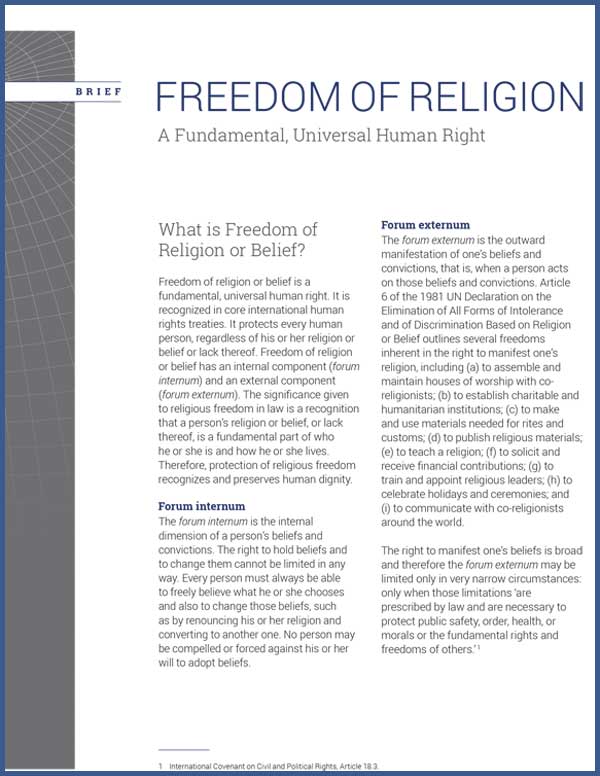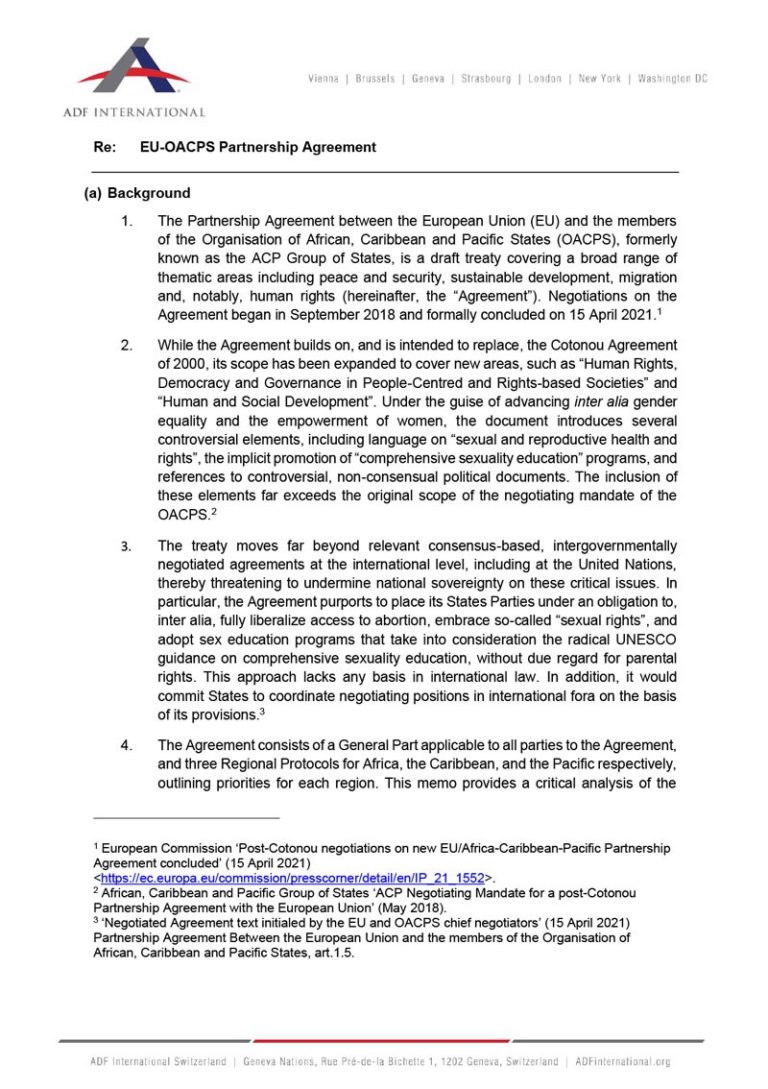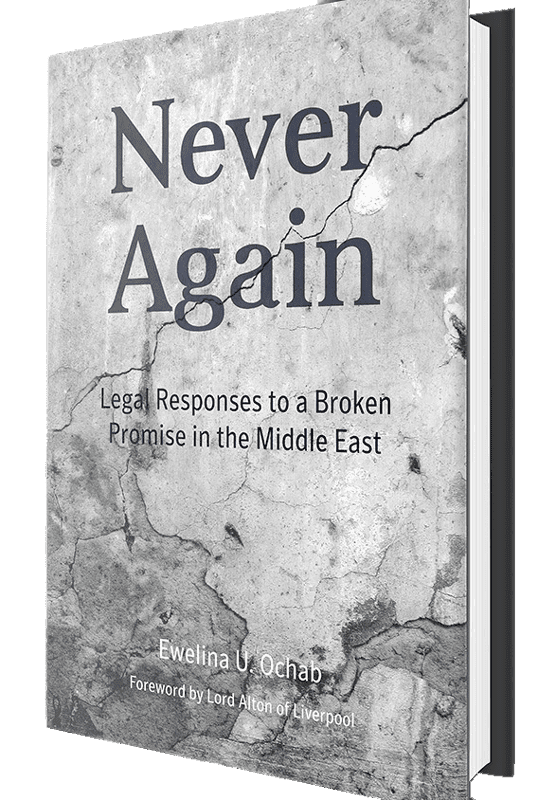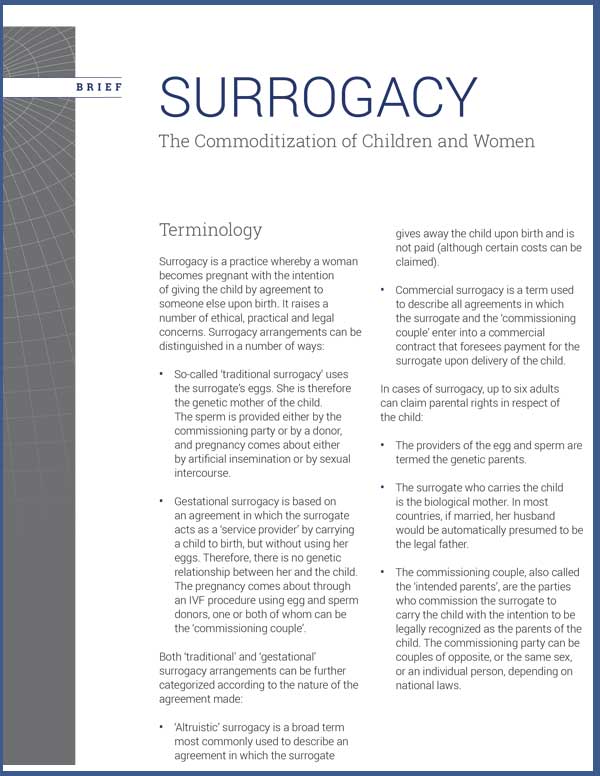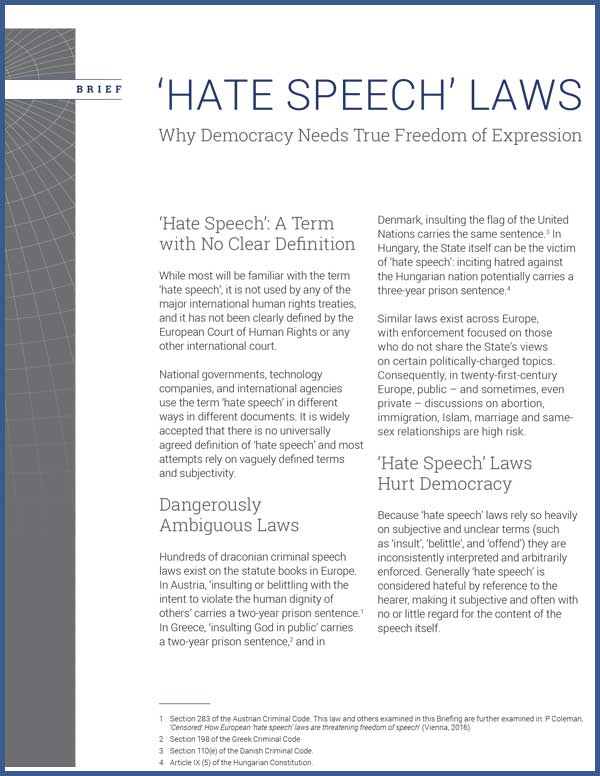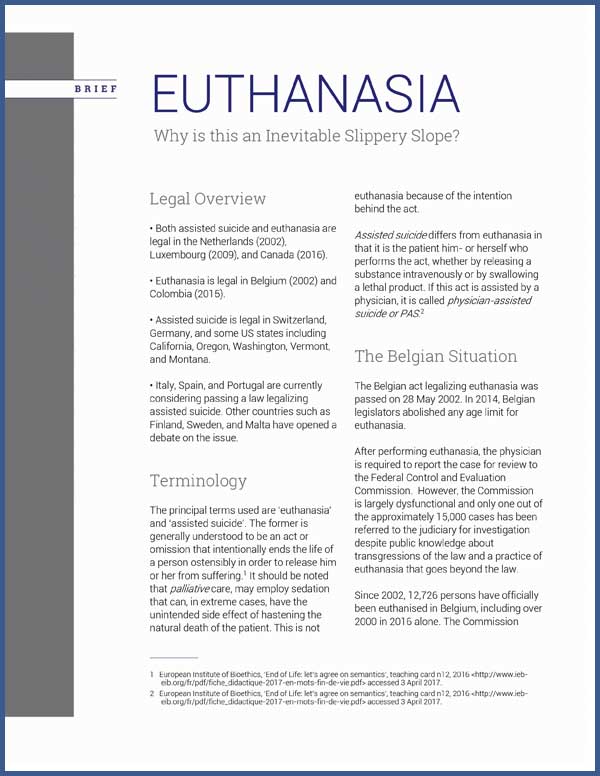The Partnership Agreement between the European Union (EU) and the members of the Organisation of African, Caribbean and Pacific States (OACPS), formerly known as the ACP Group of States, is a draft treaty covering a broad range of thematic areas including peace and security, sustainable development, migration and, notably, human rights. Negotiations on the Agreement began in September 2018 and formally concluded on 15 April 2021.
While the Agreement builds on, and is intended to replace, the Cotonou Agreement of 2000, its scope has been expanded to cover new areas, such as “Human Rights, Democracy and Governance in People-Centred and Rights-based Societies” and “Human and Social Development”. Under the guise of advancing inter alia gender equality and the empowerment of women, the document introduces several controversial elements. The inclusion of these elements far exceeds the original scope of the negotiating mandate of the OACPS.



